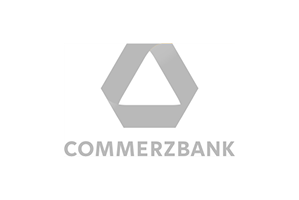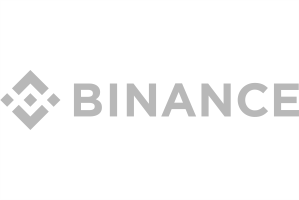Requirements to payment licenses and e-money issuers in Serbia
In the formulation of requirements to licensees, NBS follows the European practice. Companies that issue electronic money in Serbia and offer digital payment services must be registered in the Republic. Most often for work non-residents use DOO, similar to limited liability companies, – an authorized capital of one euro is enough for them and the business is registered quickly. The owners/founders can be private individuals and companies from Serbia or another state. AD with the capital divided into shares occupies the second place in popularity.
For registration, you will need to have identifying documents (passport, certificate or an extract from the trade register), a power of attorney for persons authorized to sign; the entire document package should be translated and apostilled. To gain an access to the national payment market, the company needs:
- to hire a minimum of two directors and provide an evidence to NBS about their profile education (financial, economic), competence, work experience in the field;
- to open a “physical” office in Serbia;
- to have sufficient capital to recover damages that can be inflicted on users;
- make a detailed business model and provide it to the regulator, together with a description of the technical instruments that allow free operation and security policy.
The regulator follows the requirements of European standards and regulations, therefore e-money emitters and payment service operators must meet the requirements of PCI DSS. The use of cryptography in the data exchange, a control of information and payments security, a transparent control of an access to information and so on are among them. If EU residents use the services, the work is carried out in one of the European Union languages, you need to protect personal data according to GDPR regulation- with a written register, special technical means DPO, privacy policy.
“Prifinance” company will undertake the receipt of all permits and a preparation of the documents package. We will provide detailed consultations, help you to choose a jurisdiction and a tax model, undertake the business registration and an opening of a bank account. With our support, the customer will be able to work without violations of national legislation, European regulations, and standards.








